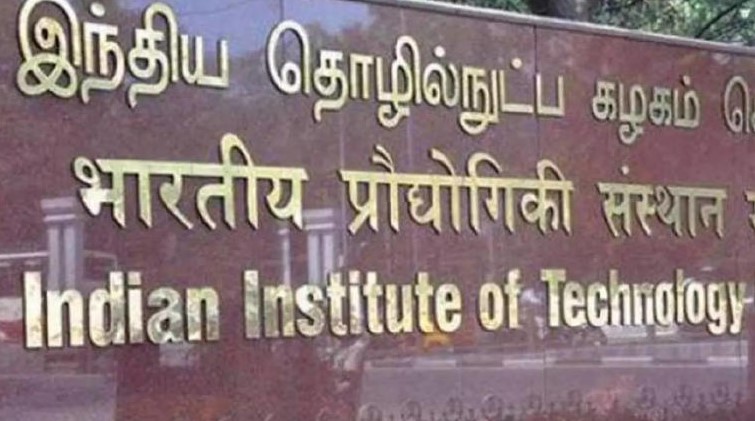Four years on, 20% women’s quota fully filled in most IITs

Four years after the supernumerary female quota was introduced in IITs, almost every campus has 20% girls in the 2021-22 batch. A total of 2,990 girls have confirmed admissions at the premier institutes — more than triple the women population in 2017 (995), a year before seats were created for women.
While 100 women joined IIT-Bombay in 2017, the number has touched 271 now. In case of IIT Delhi, the corresponding numbers are 90 in 2017 and 246 as per the most recently released data of 2021 admission statistics. While total students admitted at the IITs have increased from 10,988 to 16,296 between 2017 and 2021, the women population has almost tripled: 995 to 2,990.
93668386
But this is not where the institutes will stop. IIT Delhi aims to move towards a 50:50 gender ratio on its campus. “Women are performing well academically. As we are moving towards becoming multi-disciplinary and opening more programmes like design, public policy, we are seeing that a good diverse mix adds so much to the richness of the educational experience,” said IIT Delhi director Rangan Banerjee.
“While there is already an ecosystem to make everyone comfortable, we want to change the mindset towards science and engineering in a way that our campus’ gender ratio is reflective of India’s population numbers. The ultimate goal is that gender becomes a non-issue,” added Banerjee.
When the gates for freshmen opened at the IITs this year, IIT-Tirupati had the best male-female ratio, but a few institutes like IIT Patna, Kharagpur and Jodhpur were lagging a bit.
In all, 34,525 female students registered for JEE (Advanced) 2021, of which 6,452 made the cut for admission to the top engineering colleges.
“Socially, this is going to have a long-term profound impact. A lot of these women who will graduate from the IITs will go on to occupy the top echelons — the country will see many women CEOs, several top bankers will be women,” said IIT Bombay director Subhasis Chaudhuri.
In 2018, the quota for females was 14% which was gradually increased to 17% in the next year and 20% thereafter. These additional reserved seats were the recommendation of a committee headed by Timothy A Gonsalves, former director, IIT Mandi.
The institutes have come a long way from the 1990s, when the ratio was close to 10 to 1 in favor of boys, which decreased to 7 to 1 in the early 2000s, and then to 4 to 1 in the mid and late 2000s.
But it deteriorated, and in 2014, most IITs had anywhere between 5% and 12% of the girl student population on their campuses.
A year before the supernumerary seats were allotted to females, the IITs admitted 995 girls and 9,883 boys.







